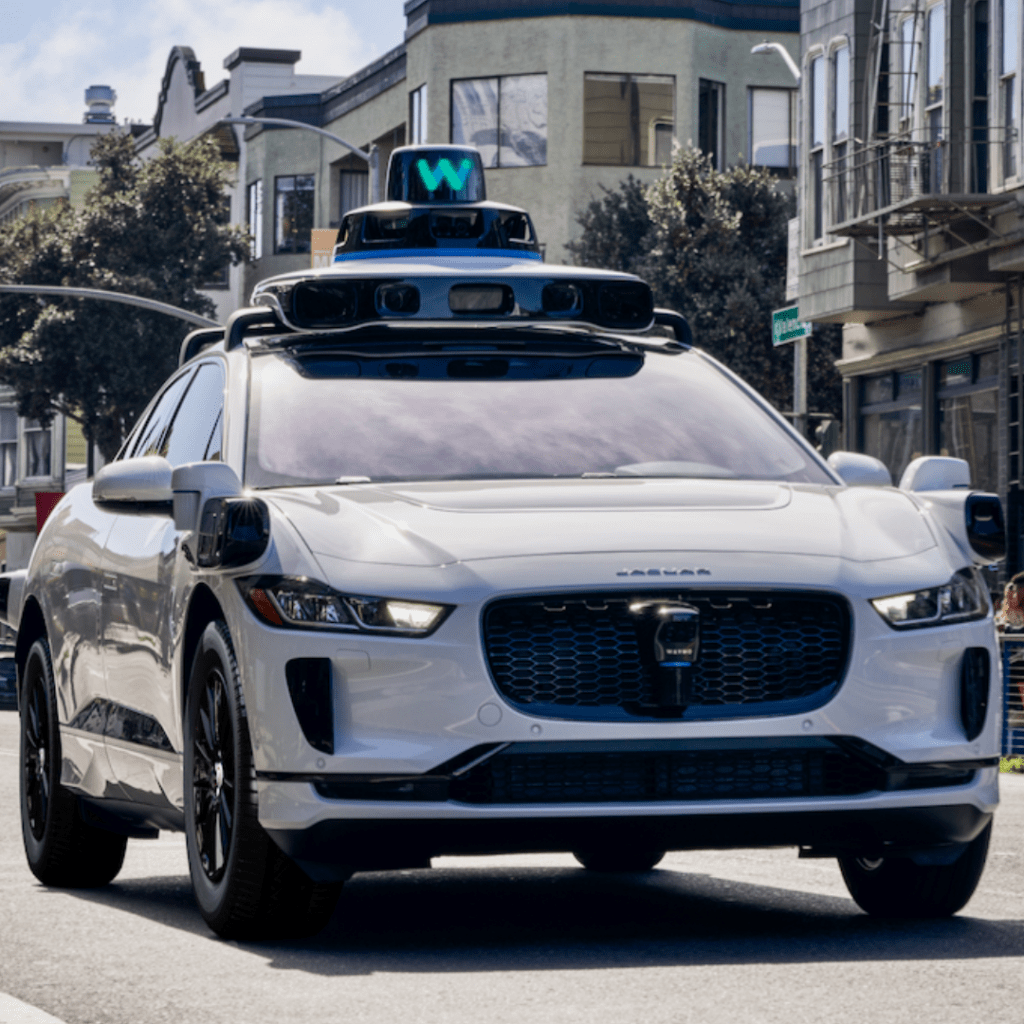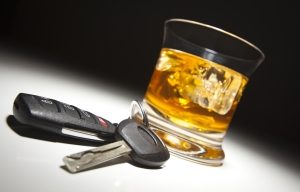
Waymo robotaxis are finally here in Georgia, sparking excitement and concern about what this technology could bring to our cities. The service began carrying passengers through parts of Atlanta today in an expansion of its partnership with Uber.
WHAT IS WAYMO?
Waymo began in 2009 as an internal startup under Google’s X initiative. Over the years, technological advancements reshaped the project, leading to the official launch of Waymo as a standalone brand in 2016. In 2020, Waymo became the first company to offer a fully driverless ride-hailing service to the public, without a safety driver behind the wheel. This contrasts with the recently released Tesla Robotaxi, which includes a supervising driver in the passenger seat to take control in case of an emergency.
The company coins the Waymo Driver as “The World’s Most Experienced Driver.” A driver that never gets drunk, tired, or distracted, with millions of miles driven in a variety of conditions on public roads, and many more through simulated driving software. The company claims that Waymo cars “are reducing traffic injuries and fatalities in the places where we operate.” The vehicle uses a variety of radar, lidar, and high-tech cameras in conjunction with powerful AI software to provide a seamless driving experience for any passenger.
Despite the combination of high-tech capabilities, these vehicles are not immune to accidents. This could be in the event of a technological malfunction or being a victim of an accident.
THE LEGAL CHALLENGES OF A WAYMO
The traditional car accident typically places fault on the involved negligent drivers. A Waymo introduces many involved parties for a car crash. There is the company itself that operates the vehicle, the vehicle’s manufacturer, a third-party software development team, and other drivers on the road, or negligent parties.
Determining liability and pursuing compensation in an autonomous vehicle accident involves a range of complex factors. Moreover, if a software malfunction caused the incident, responsibility may lie with Waymo or a third-party software provider. If the issue stemmed from a mechanical failure, the vehicle manufacturer could be held accountable. However, if another driver caused the crash, they may be liable, just as in a traditional car accident. Identifying the responsible parties in these situations requires the insight and experience of a skilled attorney.
Legal action against large corporations often involves navigating layers of corporate liability, evolving regulations, product recalls, and emerging legislation. These cases demand an in-depth investigation and legal expertise to establish fault and pursue fair compensation, something our attorneys at Jones & Swanson are highly familiar with.
WHAT HAPPENS IF I GET INTO AN ACCIDENT WHILE IN A WAYMO?
At Jones & Swanson, your health and safety are the most important factor in any situation.
- Move to a safe location and call 911.
- If you are able yourself, or have a friend or family member who may be able to assist you:
- Take pictures & videos of the involved vehicles, the accident scene, and your injury.
- Gather the names and contact information of witnesses and the driving information.
- Seek immediate medical attention. Do not hesitate to take an ambulance if necessary.
- Report the crash to Uber. You can do this through the app or website.
- Contact our attorneys for a free case evaluation to find out the next steps you need to take.
FAQs
Can Waymo cars handle confusing driving situations?
Waymo claims the cars are relatively safe; however, they are not accident-immune. The vehicles have historically struggled with unprotected left turns, emergency vehicles, road construction, and unpredictable behaviors from other people.
Has Waymo ever had vehicle recalls?
Yes. In May 2025, the company recalled over 1,200 vehicles following an investigation by the NHTSA over issues with its software detecting road obstacles. This recall involved a mass software update.
What happens if my Waymo car breaks the law?
If a Waymo car makes an error like running a red light, the vehicle’s owner/operator will receive the ticket, not you, the passenger. After receiving a ticket, the company may have reason to contest the ticket to shift the liability to a software issue or a remote operator’s fault. Overall, you are not at fault if you have no involvement in causing the incident.
Jones & Swanson Is A Personal Injury Attorney that specializes in car accidents, dog bites, and slip/trip and falls. If You Have Any Questions Regarding Accident Liability As A Result Of an autonomous vehicle, call Jones & Swanson For A Free Consultation or Contact Us On Awjlaw.com. We have Decades Of Combined Experience Representing Individuals In Automobile Cases And Are More Than Happy To Answer Any Questions You May Have.
Categories: Auto Accidents, Automobile Defects, Automobile Recall, Car Accident, Firm News, Georgia Laws, Personal Injury, Product Recall




